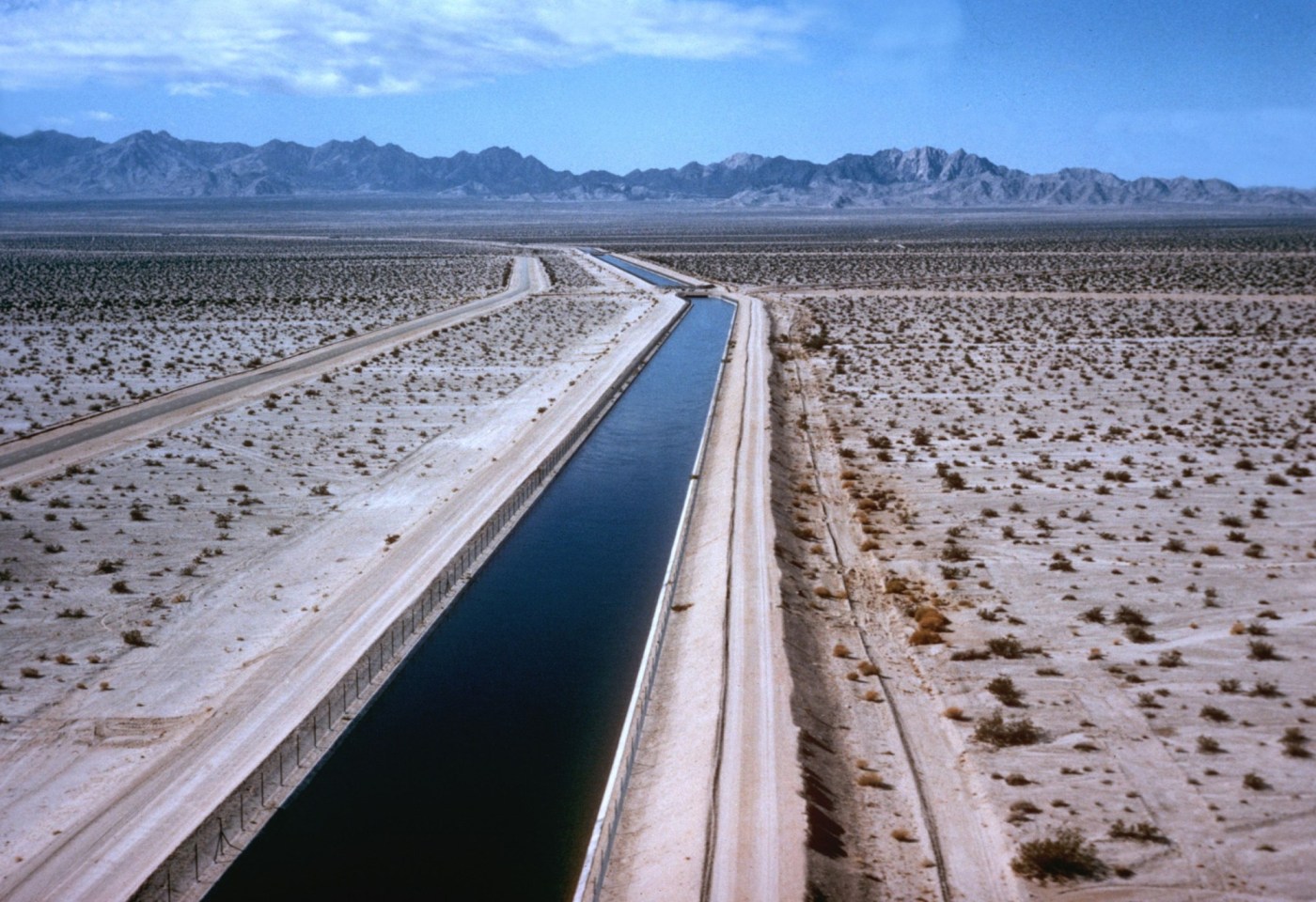The Metropolitan Water District of Southern California is in the process of hiring a new general manager, a pivotal role that influences the water supply for approximately 19 million residents across six counties. This vacancy arises as the district seeks stability after experiencing significant turnover in leadership, with three individuals having held the position in the past five years. According to Adán Ortega, chairman of the board, the objective is to appoint a general manager who will remain in the role for several years, emphasizing the importance of continuity in this critical position.
The Metropolitan Water District, the largest water wholesaler in the United States, is responsible for importing water from the Colorado River and Northern California. This publicly funded district, established 97 years ago, manages an extensive infrastructure, including 20 reservoirs, 24 dams, and nearly 700 miles of aqueduct, employing over 1,800 staff members. The district operates on an annual budget of approximately $2.4 billion, primarily funded through property taxes and water fees, and is currently implementing a two-step rate increase of 11% this year and 10% in 2026 to maintain its services.
The role of general manager is particularly crucial as the district prepares to make substantial decisions regarding water management strategies. One of the most significant issues on the table is the Delta Conveyance Project, a proposed $20 billion pipeline designed to streamline water access from Northern California. While previous governors have supported various versions of the project, it has faced opposition from environmentalists and local residents. A final decision on the project’s future is expected within the next three years, and the new general manager will be instrumental in shaping the district’s stance.
Ortega clarified that while the district has conducted feasibility studies on the Delta project, no final commitment has been made regarding its support. If constructed, the Metropolitan Water District would be financially responsible for at least 60% of the project’s costs. He emphasized the importance of the upcoming decisions, stating, “This is really a transformative time for our region. That’s one of the reasons, one of many, this is so important to get right.”
The hiring process for the new general manager has been scrutinized for its lack of transparency. On August 19, 2023, the district held a meeting in Los Angeles to evaluate potential candidates for the position currently held by Deven Upadhyay, who is set to retire at the end of the year. Following this meeting, no candidates were selected, and district officials refrained from disclosing details about the finalists or the topics discussed. Ortega later suggested that an announcement could be expected by late September.
Concerns regarding the process have been voiced by stakeholders, including Alan Shanahan, president of the district’s Employees Association. He criticized the perceived secrecy of the hiring process and expressed worry that it might erode trust among employees. Shanahan highlighted the potential implications of the final candidate selection, stating, “This (lack of transparency) gives a reasonable perception… that decisions have already been made.”
The search for a new general manager is not merely a personnel decision; it reflects broader questions about the future of water management in Southern California. Historically, the region has relied on imported water to support its growing population and economy. However, challenges such as climate change, decreased reliability of the Colorado River, and evolving conservation practices are prompting a reassessment of water supply strategies.
While some factions within the board advocate for a general manager who supports continued reliance on imported water, others are pushing for innovative approaches that promote local water independence. This internal debate underscores the significance of the hiring decision, as it could determine the district’s direction in addressing future water challenges.
Amid this complex landscape, the Pure Water program has emerged as a key initiative. This wastewater recycling project aims to transform treated wastewater into drinking water, potentially replacing imported resources with locally sourced alternatives. Ortega noted that the district could invest up to $8 billion to expand the Pure Water initiative, which has already launched pilot programs in various locations.
Shanahan and others have called for a balanced approach that incorporates both the Delta project and local recycling efforts. He warned that pursuing all potential projects without adequate resources could lead to financial strain on the district. “If we do all the projects, Met Water will be bankrupted,” he said, emphasizing the need for a cohesive strategy.
As the Metropolitan Water District moves forward in its search for a new general manager, the outcomes will have lasting implications for water management in Southern California. The decisions made in the coming years will shape not only the organization’s future but also the water security of millions of residents who depend on its services.
